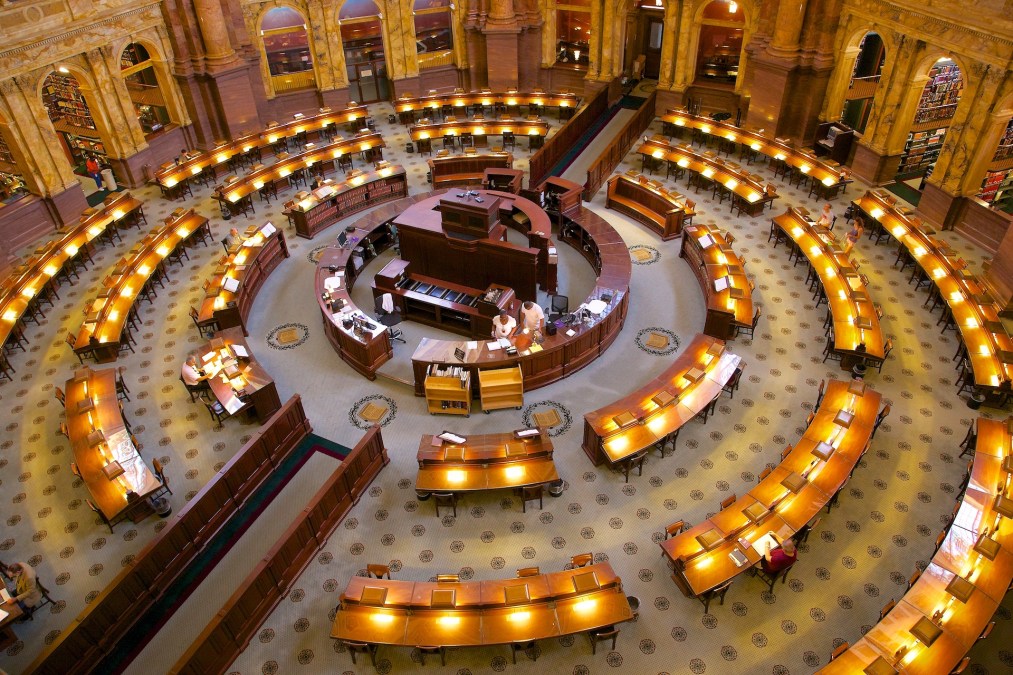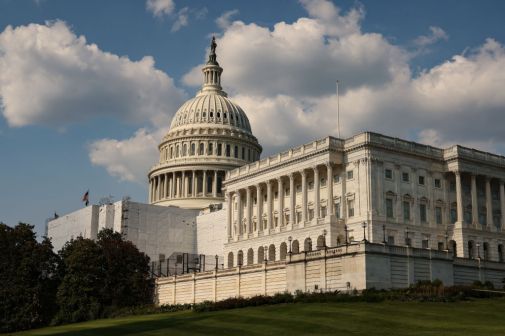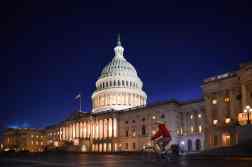Transparency advocates push Congress on public access to CRS reports

A group of transparency advocates is pushing Congress to make more Congressional Research Service (CRS) reports more accessible to the public.
The group sent a letter to the House and Senate on Tuesday detailing what they see as weaknesses in the Library of Congress’s implementation of crsreports.congress.gov, a relatively new public-facing website for CRS reports. Among the issues identified in the letter: Public-facing reports are only published as PDFs, which “significantly undermines their utility,” the site’s “bulk download” function only allows for the download of 5,000 reports at a time and non-confidential historical reports aren’t published.
A little background: The CRS’s nonpartisan public policy reports, which are produced by the thousands each year on issues as varied as U.S. policy in Kuwait, next-generation 911 technologies, violent crime in American cities and more, have mostly been kept out of the hands of regular citizens unless shared by someone in a congressional office. The initial reasoning? The cost of reproducing copies would be too high.
Of course, in the internet era, this concern no longer applies, and so the Consolidated Appropriations Act of 2018 directed the Library of Congress to build and maintain a public-facing site for non-confidential “R” series reports.
In September 2018 the Library launched crsreports.congress.gov and started publishing non-confidential CRS reports there.
But while transparency advocates welcomed the new site, they also wanted more from it. Quickly, it was criticized for being incomplete and “unreasonably expensive” and possibly even redundant to existing efforts.
One central sticking point was about which reports will be made public. The library is publishing current and recently archived reports, but some transparency advocates argue that there are older historical reports and other CRS products that are also in the public interest.
Now, organizations including Demand Progress, the R Street Institute, Lincoln Network, Government Accountability Project and more want to make sure lawmakers don’t forget about this.
“We hope that you will encourage the Library to improve how it is currently publishing CRS reports and to expand the scope of the reports it publishes online,” Tuesday’s letter reads.






